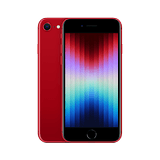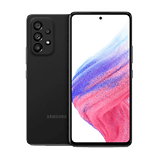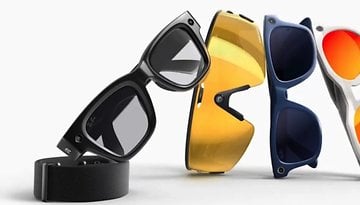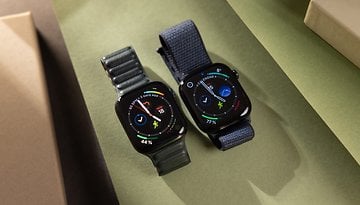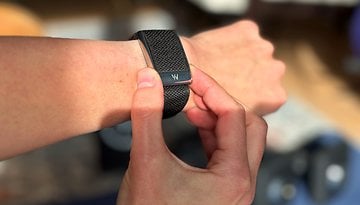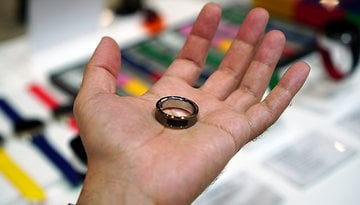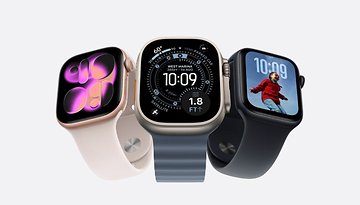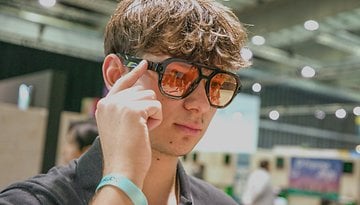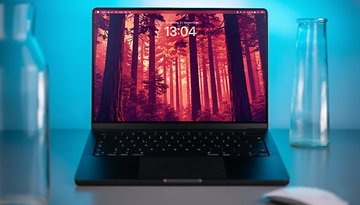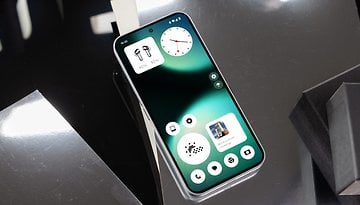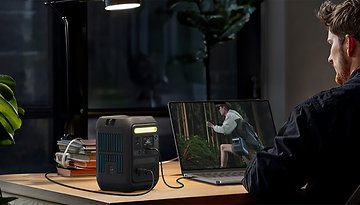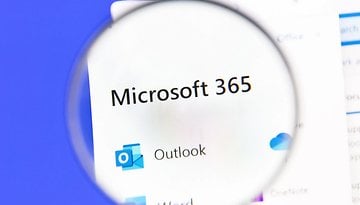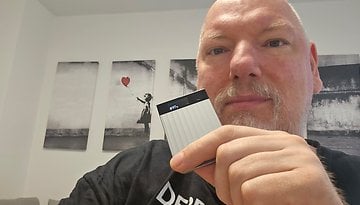Smartwatches May Not be a Reliable Sleep and Exercise Tracker
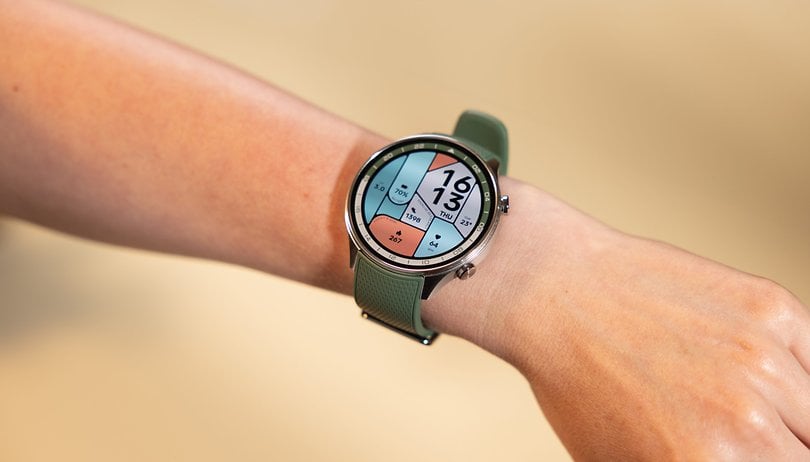

Smartwatches and fitness trackers have come a long way, offering more comprehensive health and fitness tracking capabilities than ever. As these devices continue to improve, has recorded data using these devices become more reliable? A new study suggests you shouldn't trust all the metrics your smartwatch or fitness tracker records.
Published in Sports Medicine, a recent system review revealed the state of smartwatches and fitness trackers today regarding their reliability and potential limitations in terms of tracking vital metrics, ranging from heart rate and SpO2 to aerobic capacity and sleep.
Researchers conducted an umbrella review, which compiled several findings into a single study that involved over 430,465 participants. The gathered data yielded surprising findings that support how key tracking features in wearables have improved over the years, while some tools could still be far from being truly reliable.
Which aspects of health metrics from smartwatches are reliable?
One of the key findings showed how the heart rate measurement in today's smartwatches and fitness trackers has an accuracy of +/- 3 percent with the possibility of a slight deviation. This means the heart rate data from these wearables are highly accurate.
- Don't miss this: How to use Samsung's blood pressure monitoring feature
The same case is touted for arrhythmia detection including Afib, with the sensitivity and specificity of the feature touted to be 100 percent and 95 percent accurate, respectively. Moreover, blood oxygen level saturation or SpO2 monitoring has also shown a 2 percent mean difference, indicating a high level of reliability.
Smartwatches might not be reliable enough to monitor your sleep and fitness activities
It is on the wellness and fitness fronts that smartwatches and fitness trackers seem to exhibit a notable degree of inaccuracy. For instance, VO2 max, or a measurement of the amount of oxygen your body can absorb and use during workouts, has been highlighted to produce about +/- 15 percent difference during rests and +/- 9 percent during exercises. On the other hand, a bigger mean error is observed when tracking physical activity intensity.
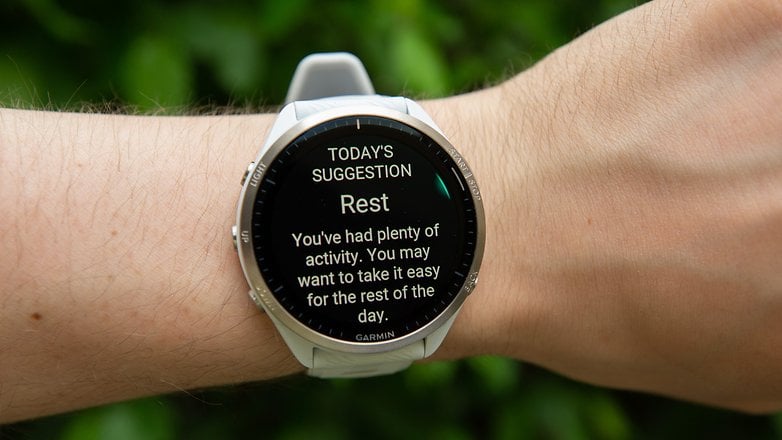
Even so, the findings mentioned that wearables also fail to deliver dependable step counts despite being one of the most basic features. It listed mean errors as falling between -9 to +12 percent. Meanwhile, calorie expenditure measurement, or the amount of calories burned during a workout, has an even worse accuracy rate with a -21 percent to +15 percent difference.
Regarding sleep, data from smartwatches and fitness trackers might not be relied upon as well. The study revealed these devices overestimate sleep time by as much as 10 percent when compared to results from polysomnography.
What can we build from this? Are wearables only useful to capture valuable health and fitness insights? Users should be aware that accuracy in other metrics does vary significantly and they should be cautious when interpreting such data.
What is your opinion on this study? How do you manage your health from your smartwatch or fitness tracker? We want to hear your thoughts on this.
Via: Android Authority Source: Springer Link

